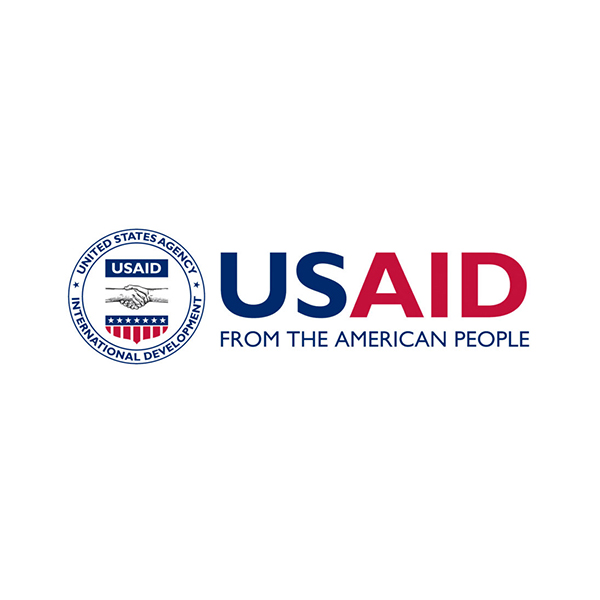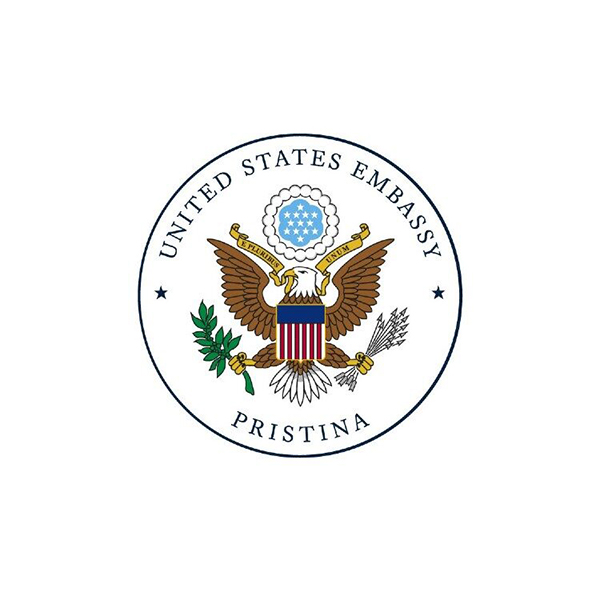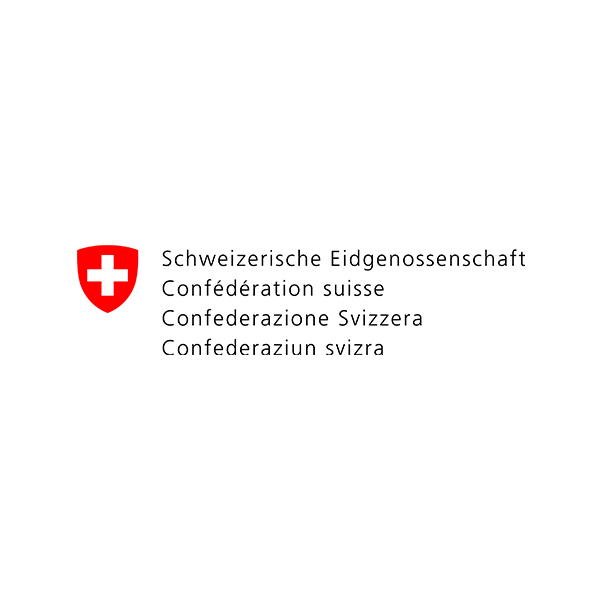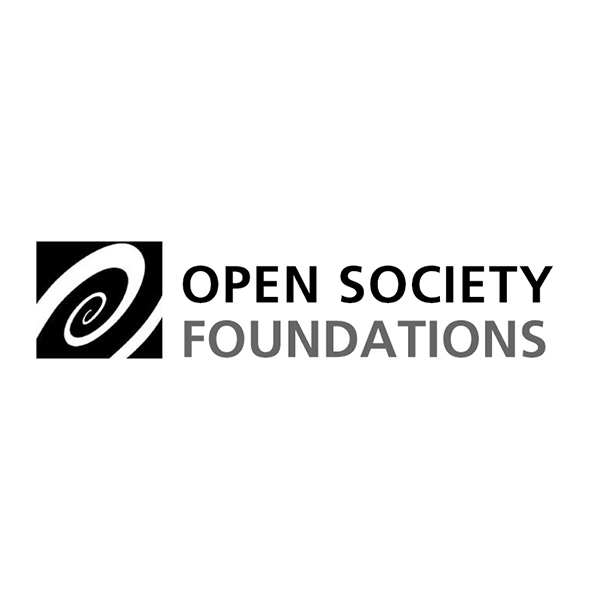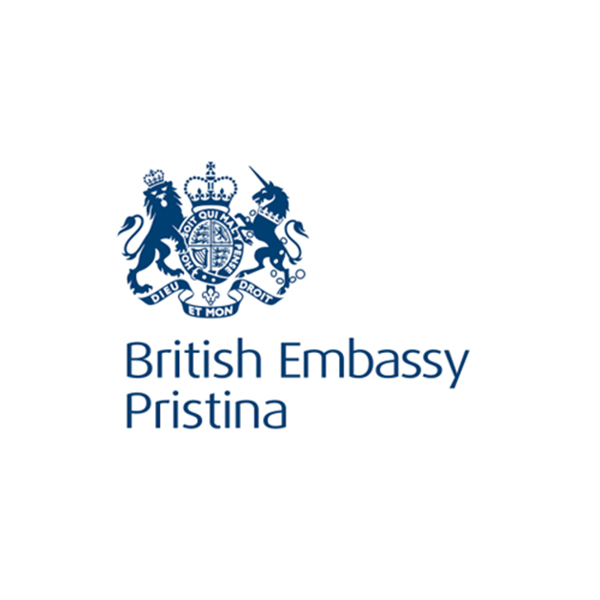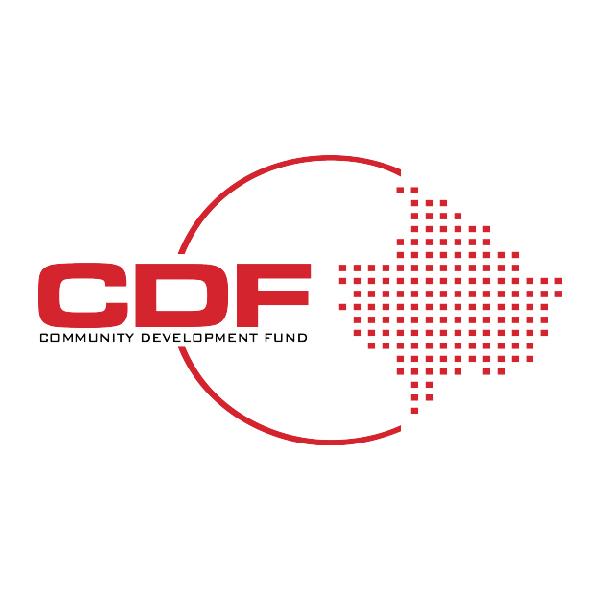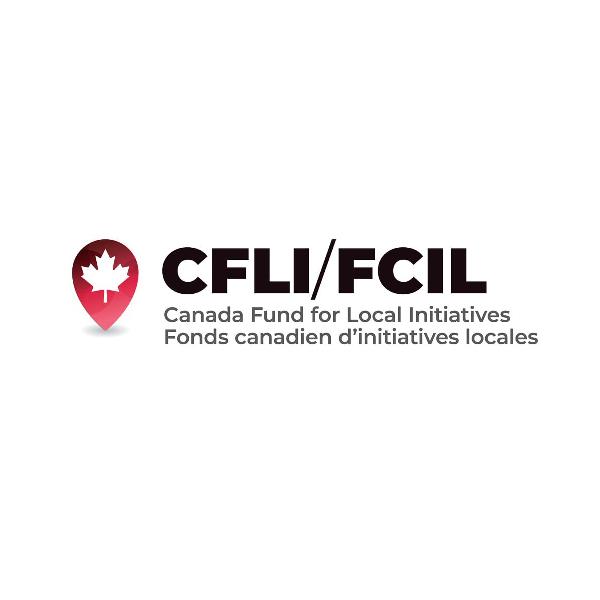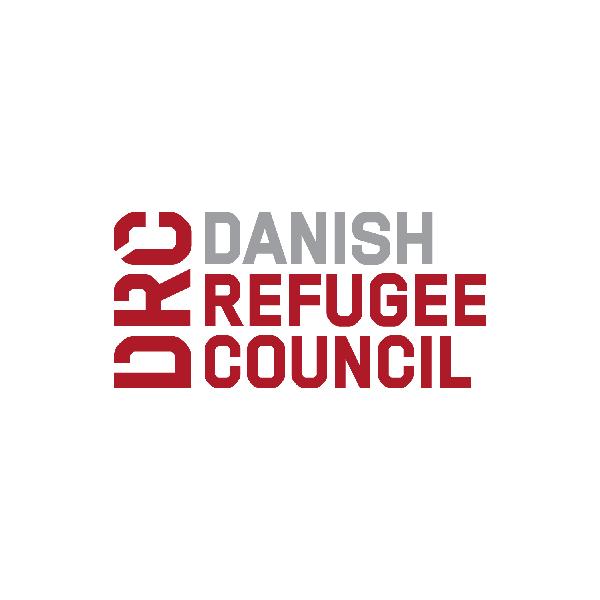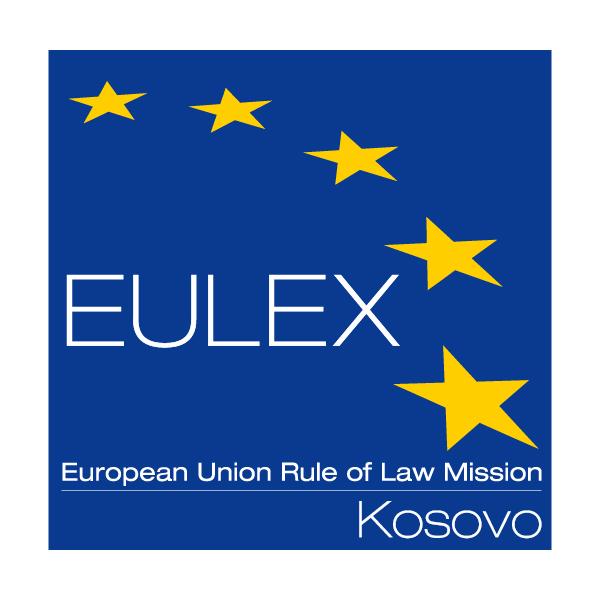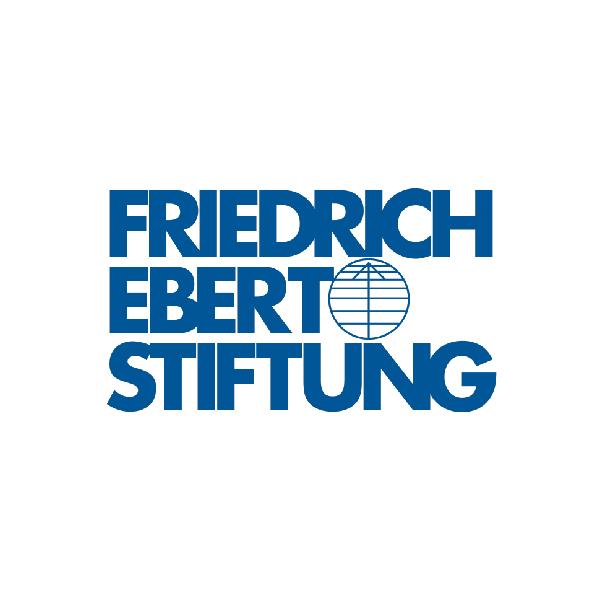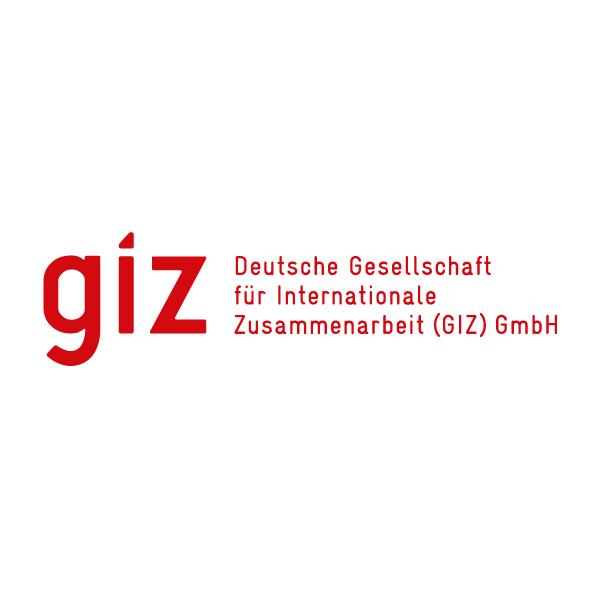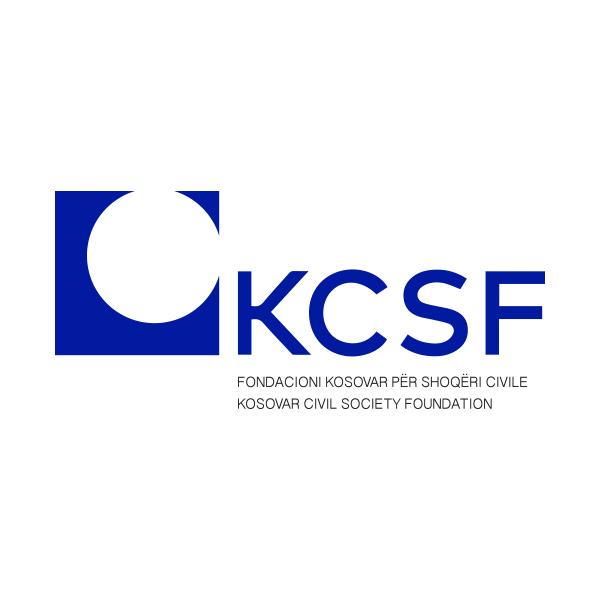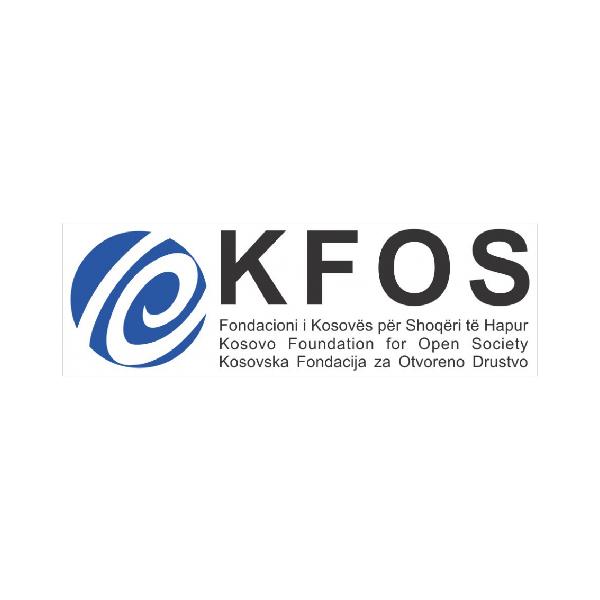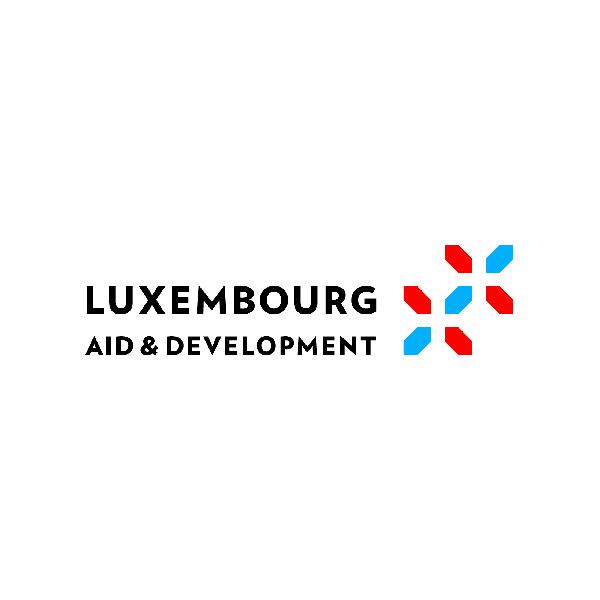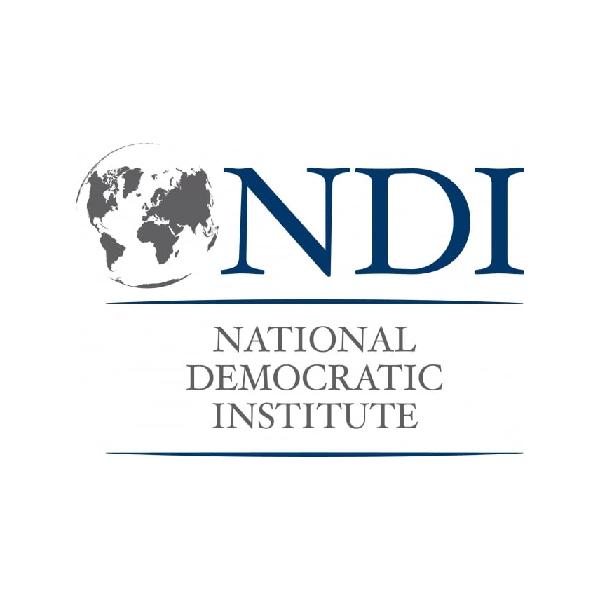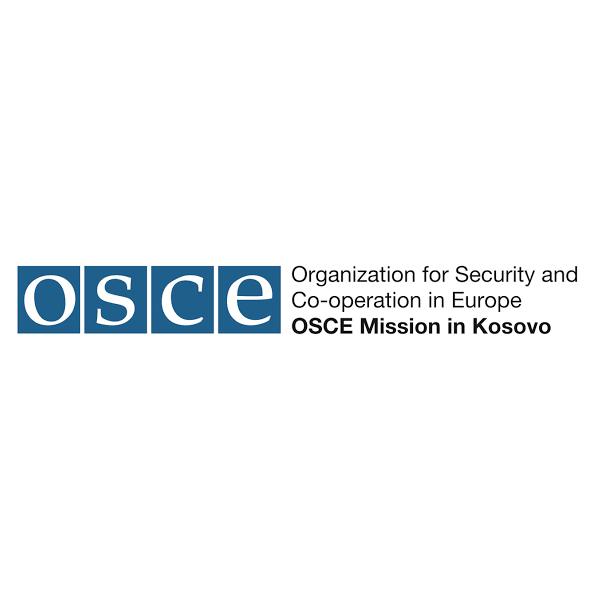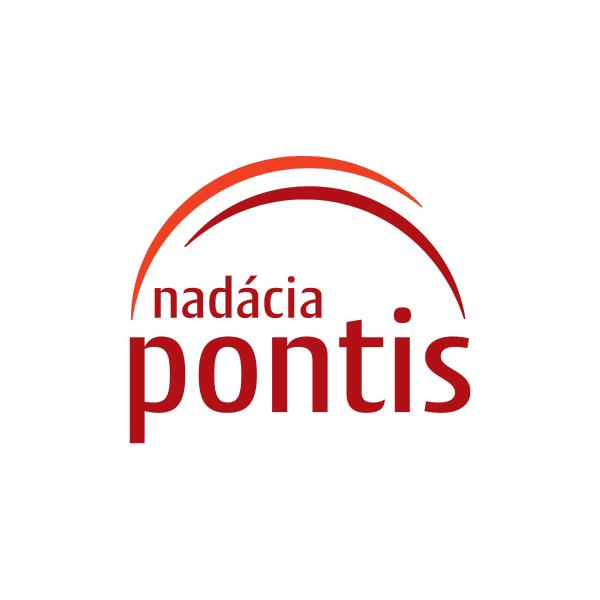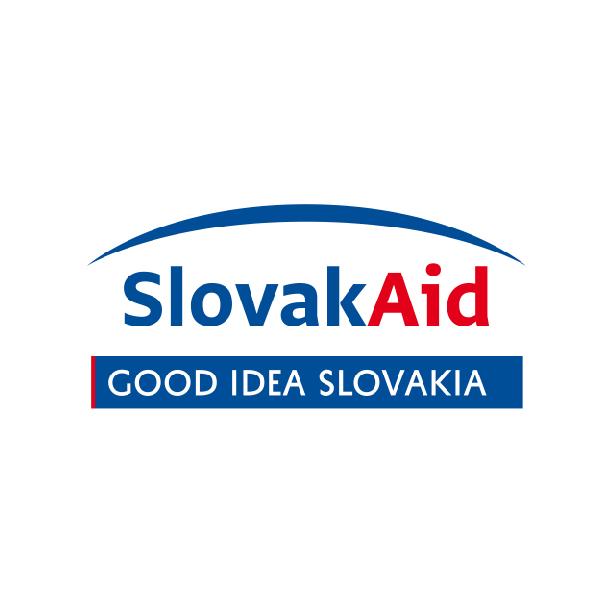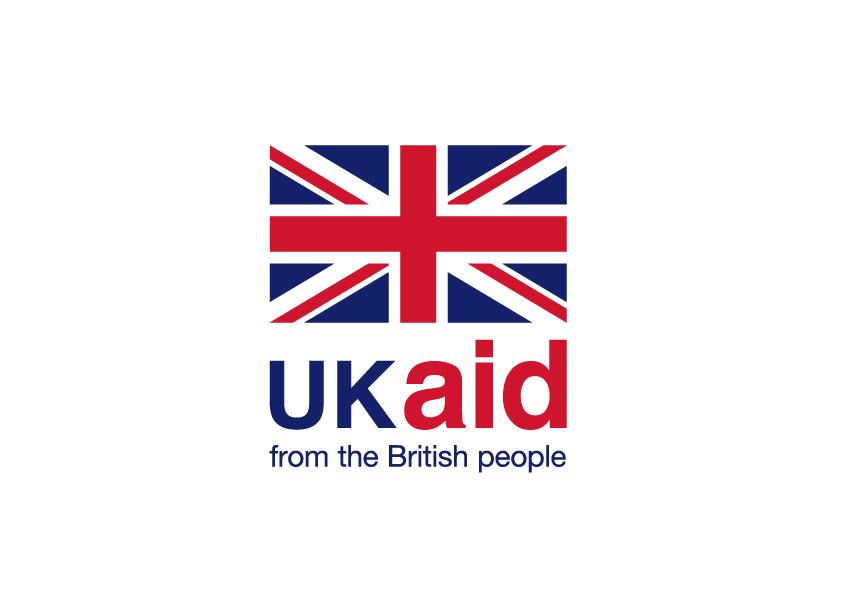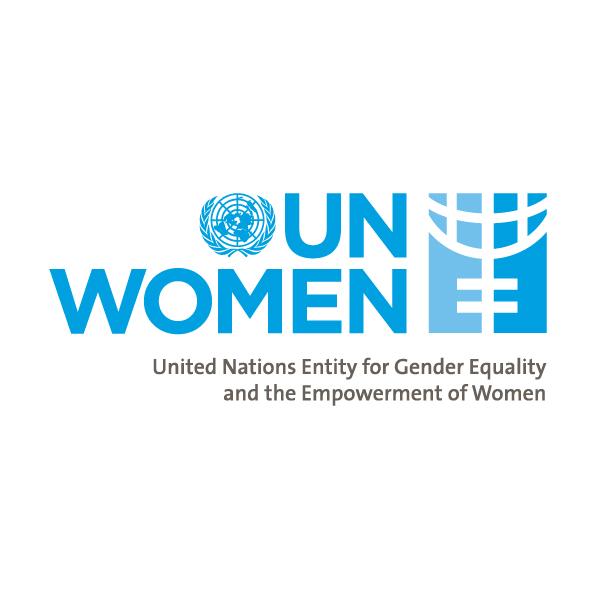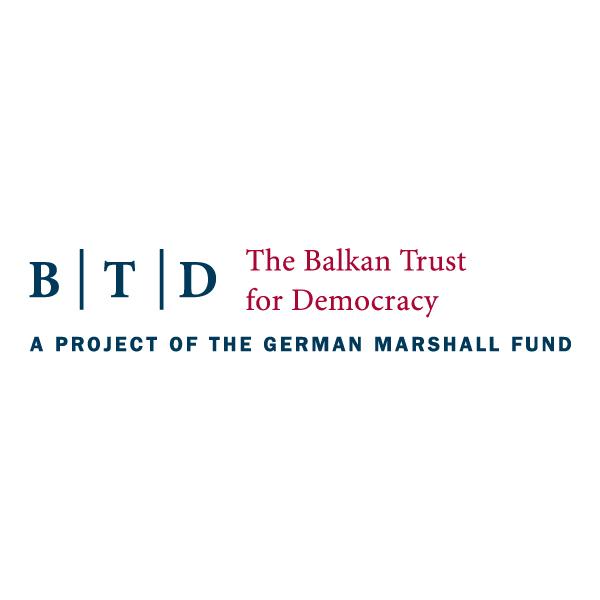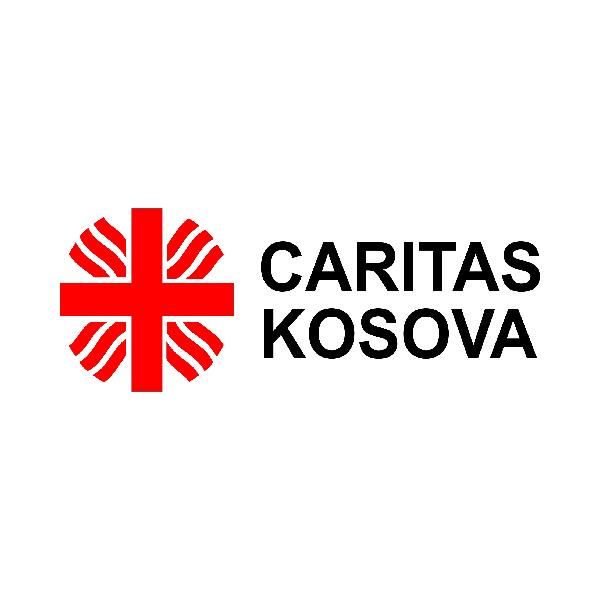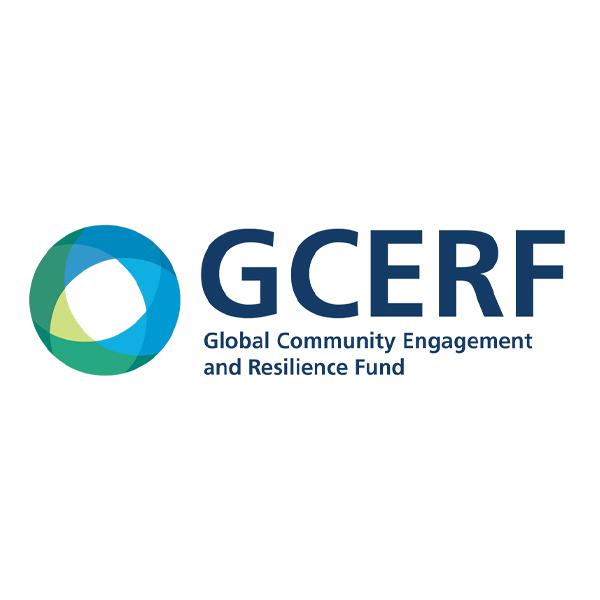The dialogue has created some positive things and helped the incidents to decrease, regardless of being accompanied by many tensions along the way. However, what is still missing and is very important is – trust.
The other day, a friend of mine from Kosovo, whose father was killed by the Serbian soldiers in the war in 1999, came to visit me. He did not come as a tourist to the capital of Serbia but in search of a medical treatment for his daughter. “I never thought I would come to Belgrade…”, he told me as we were walking down Knez Mihajlova. Around that time, I thought about what to write in the text and what are the positive aspects of the dialogue. My friend had to decide on where his daughter would undergo a surgery and he had to take a step further in his life and bring her to a Belgrade surgeon. Sometimes it is difficult to take a step further when things are personal. And sometimes you just have to. For my friend, Belgrade was the center from which the evil force that took his father’s life emerged. There were many questions about security and how to get there. We solved them together, one at the time. He wasn’t calm until the first night. The next day, his daughter had a surgery, and they were waiting for the results. His daughter’s fate was in the hands of the doctor. However, everything went well, and the fears disappeared just as his daughter’s tumors.
Do we trust the dialogue? What positive did the dialogue bring? Politics can do wonders when it wants to. But the dialogue is stalled, and it does not seem to be moving forward. Not as fast and not right now. Few people believe in it although it is the only way towards the progress and better life. But who cares for that? Politicians often undermine the dialogue, talking about how difficult it was for them, how unequal they were, how they could not go any further. And then, by some tricks, they reach the status quote. It used to lead to major incidents. Now, a little less, to be fair. But everyone is still afraid of new conflicts and wars. This is because the fear is still there, even though it is unlikely for such scenario to happen. People in Kosovo and Serbia, as well as in other countries in the region, have experienced what Europe is experiencing now. Life in transition is not a fairy tale, especially when it lasts for over three decades and we are still far from democracy. How can people trust anything or anyone when they are aware that anything can happen, and nothing can happen? Acute fear. Going into circles and into a whirlpool of life from which there is no way out. Series of tensions, hatred, incidents, blockages, non-implementation, and negotiations in Brussels and elsewhere alternate.
To many, it seems like an impossible mission Kosovo and Serbia to reach an agreement and move forward. Of course, they have many reasons for that. Dialogue hasn’t always been path to normalization as it often brought conflict situations. It is not difficult for the Serbs and Albanians, at least to those who are used to not believing in better tomorrow, to live with the fact that it is impossible for the sides to agree on anything major. This is fueled by the nicknames like “Hitler” and “Putin”, fiery rhetoric, and lack of will. One side does not want to say what is the compromise and the other side does not want to come closer without recognition.
When the dialogue started, it was technical, and I expected certain issues to be solved over time, such as documents recognition, car plates, administration, pensions, property, displaced persons, compensation, security related issues, and an opportunity for relations to ease and then normalize to be created in order to finally come to an agreement for major issues. Part of it played it out that way, and the other part did not. The dialogue is slow, non-transparent, and loose. Does the problem seem close to its resolution? Not at all. But the question is, what if not dialogue, and has the dialogue changed anything over all these years. Every story has its positive and negative features, this one included.
Dialogue is a matter of trust and a bit of compromise, with possibility of creating something new, something much more promising. But can people here go beyond their beliefs, symbols, and myths for a better and more civilized future. Better understanding is not always a matter of language which is different but a lack of willingness to speak truthfully. Of course, this is how it suits the politics. However, people need to relate with the process, they need positive outcomes in order to take interest and understand that the dialogue is real and valuable.
Due to its load, the dialogue has been a target of negative comments and approaches, demonized by those who do not want a solution. However, it has allowed more and more people to move, with or without stickers on the plates, it has allowed for tensions to reduce and people to feel much safer when moving across Kosovo, be it in North or South Mitrovica, or when going to Presevo. The dialogue has created liaison offices and yet some channels of communication. It enabled fewer incidents to take place. At least those with tragic outcomes. That is why it lasted so long. We are talking about the end of a difficult past that Kosovo and Serbia had, the end of grief, agony and uncertainty, the end of stagnation and fear. That’s what it’s about. And it takes time and energy to end it on a positive note. How? Through talks and not arms and methods which lead to nowhere.
In August 2018, when the UN Secretary General, Antonio Guterres, addressed the public when marking the Nagasaki and Hiroshima tragedy, he spoke about how important peace is. “Peace should be number one priority, every day we must work on prevention and resolution, on reconciliation and dialogue, in order to cut the roots of conflict and violence”, Guterres had said exactly four years before the war in Ukraine started. I am constantly reminded of that. The world, including Kosovo and Serbia, and the region, has seen enough of violence. Societies that want to make civilization progress must learn the red lines from the past, present and future. Not much has passed since the war in Kosovo, and yet quite some time has passed. People need to communicate in order to be free. Some have to go to the doctor, and other want to go to the sea. But everyone should feel safe and be treated with respect and not hatred.
My friend from Kosovo returned home happy because he solved a big issue. Before I saw him off, during the hospital discharge procedure, he asked to be photographed with the doctor, for a souvenir. Maybe one day new feelings will be created, the ones of trust, safety and without tensions. Feelings of recovery and not death.
P. S. From Belgrade with Love.
Idro Seferi is a journalist and writer from Kosovo who works and lives in Belgrade.
This publication was produced with the financial support of the European Union. Its contents are the sole responsibility of NGO AKTIV and Kosovo Coalition for Reconciliation and do not necessarily reflect the views of the European Union.


